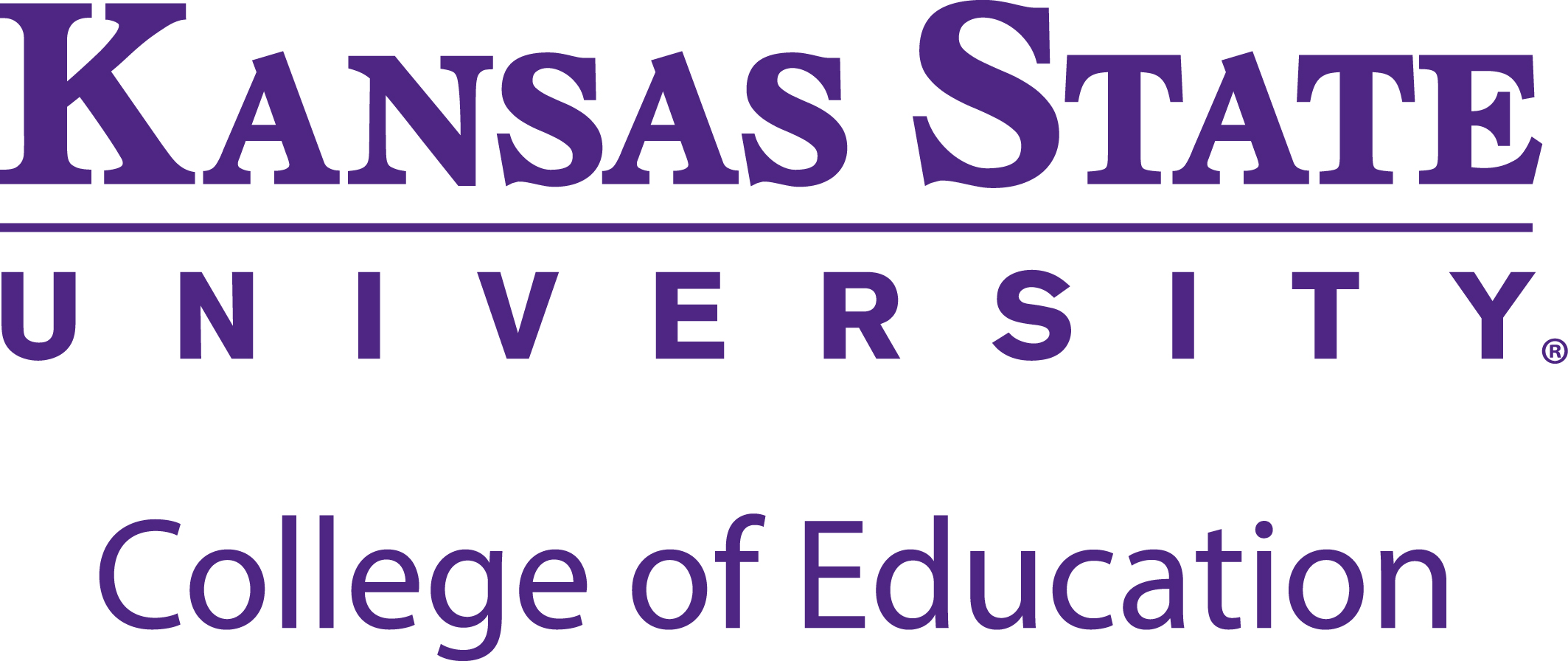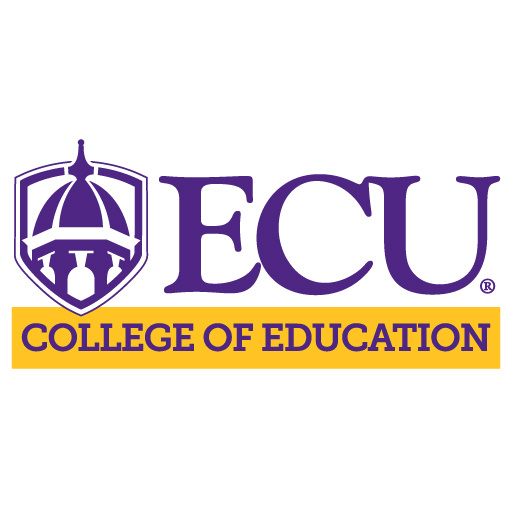Chartering a Spatially Just and Equitable Rural Education Research Agenda
A Collaboration between K-State, Clemson, East Carolina, and NORC at the University of Chicago
Sponsored by the Spencer Foundation
Study Rationale: Although rural communities encompass significant socioeconomic, ethnoracial, cultural, and gender diversity, the unique needs of rural schools have been largely ignored by researchers and policymakers. The resulting political, socioeconomic, and educational disenfranchisement of rural communities, paired with the paucity of research on educational equity in rural spaces overlooks the needs of rural learners. As a result, rural scholars, policymakers, leaders, educators, and community members lack rural-specific research to address educational equity in their communities. Our intersectional, community-centered research project responds to this significant need in rural equity research with three primary objectives:
-
Research Agenda for Rural Educational Equity: We will construct an interdisciplinary, dynamic research agenda on rural educational equity that addresses needs for scholars, practitioners, and policymakers. Using Community Based Participatory Research (CBPR) design, we will develop the research agenda through broad reaching qualitative focus groups and interviews with educational and community thought leaders in rural-related communities across the US and territories.
Impact: The transdisciplinary research agenda, published as a white paper, will provide novel, visionary recommendations for practitioners, funders and researchers to transform educational equity work.
-
Asset Map of Rural Educational Equity Resources: Informed by the CBPR focus groups and interviews, we will integrate thematic findings from case studies with a research review to identify relevant research, assets, and community-based resources already in place for rural equity work.
Impact: The asset map tool will facilitate access, connections, and collaboration for rural educational stakeholders, including policy makers, practitioners, researchers, and community leaders. The asset-centered tool will enable shared knowledge and systemic implementation ofpractices, policies, and interventionsacross diverse rural spaces. This tool will also help stakeholders execute action-items in the outlined agenda.
-
Intergovernmental Rural Educational Equity Policy Brief: We will conduct critical policy analysis in tandem with our review of research on rural educational equity to identify major federal policies that directly influence rural educational practices and programs. The published white paper will include analysis and policy recommendations for federal, state, and local policymakers.
Impact: The policy brief, written for a political and practitioner audience, will provide a comprehensive analysis of rural educational equity policies which policymakers can directly apply to facilitate equity -centered policy design and implementation for rural communities.
Future Work: Our research will serve as the foundation for future leading-edge research and practice in rural educational equity, including:
-
Large scale data studies to address gaps in quantitative data for rural educational settings.
-
Comparative, place-based research-to-practice to develop leader, community, and teacher capacity to
enact educational equity in rural schools.
-
Open access digital clearinghouse of rural educational equity asset maps for use and connection for practitioners, policymakers, and scholars.
-
Construction a national community of practice, with a mentorship component amongst practitioners, junior scholars, and senior scholars via scholarly mentoring and collaborative, interdisciplinary research.
-
Curriculum and instructional innovations for teacher and leader preparation programs to ensure development of rural equity-centered educational professionals.
Project Team and Steering Committee: Our project team is comprised of attendees at the Spencer Foundation’s 2021 national convening on rural educational equity. The transdisciplinary steering committee includes early career and established scholars who study issues relevant to rural educational equity for learners who identify as Indigenous, Black, Migrant and Immigrant, LGBTQ+, dis/abled, serviced through Special Education and/or Gifted and Talented education. The committee design centers mentorship for early career scholars and graduate students as a means to support the work of diverse rural scholars. While the team that helped develop this project is a broad group of rural equity scholars from across the nation, the research team leading this project are:
|
Alex Red Corn, EdD Department of Educational Leadership, Kansas State University |
|
Daniella Hall-Sutherland, PhD Educational & Organizational Leadership Development, Clemson University |
|
Loni Crumb, PhD, LPCS Counselor Education Program, Department of Interdisciplinary Professions, East Carolina University |
|
Jenny Seelig, PhD Education and Child Development, NORC at the University of Chicago |



![]()

